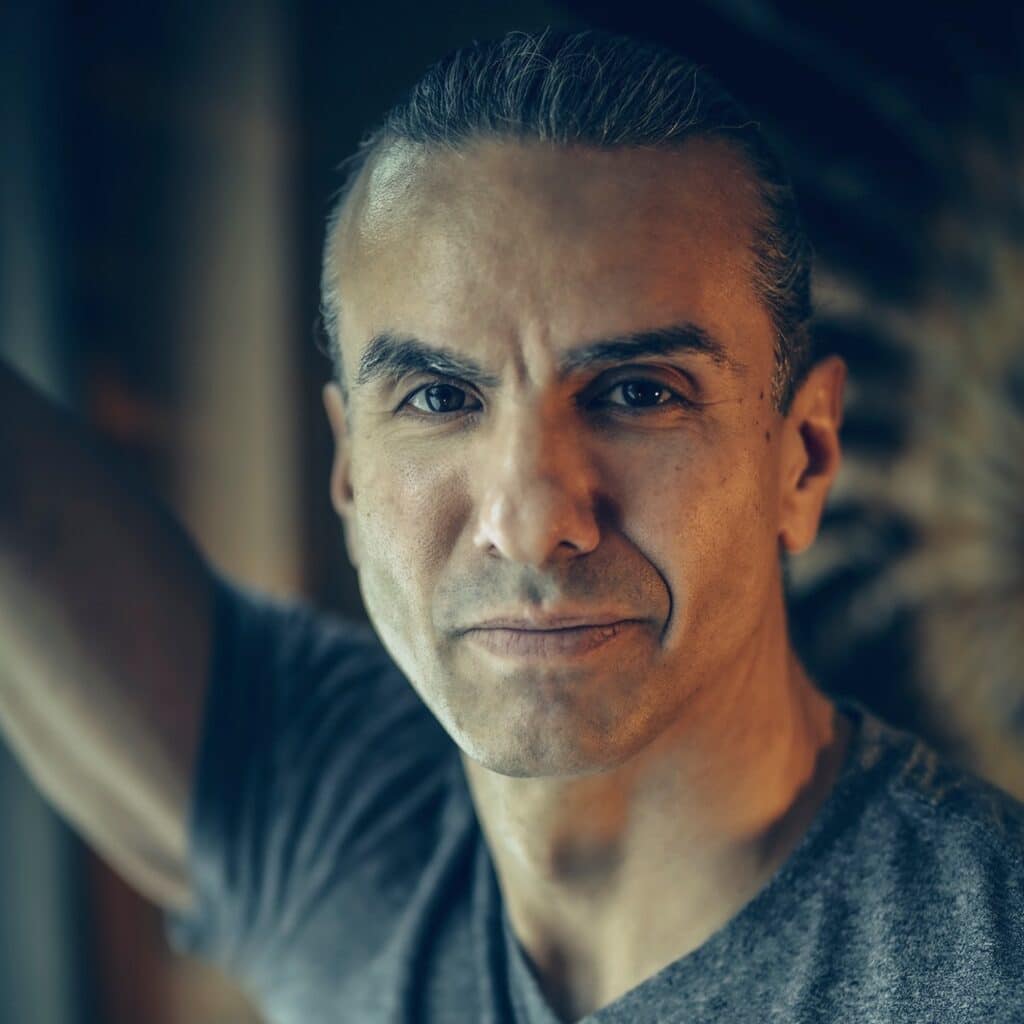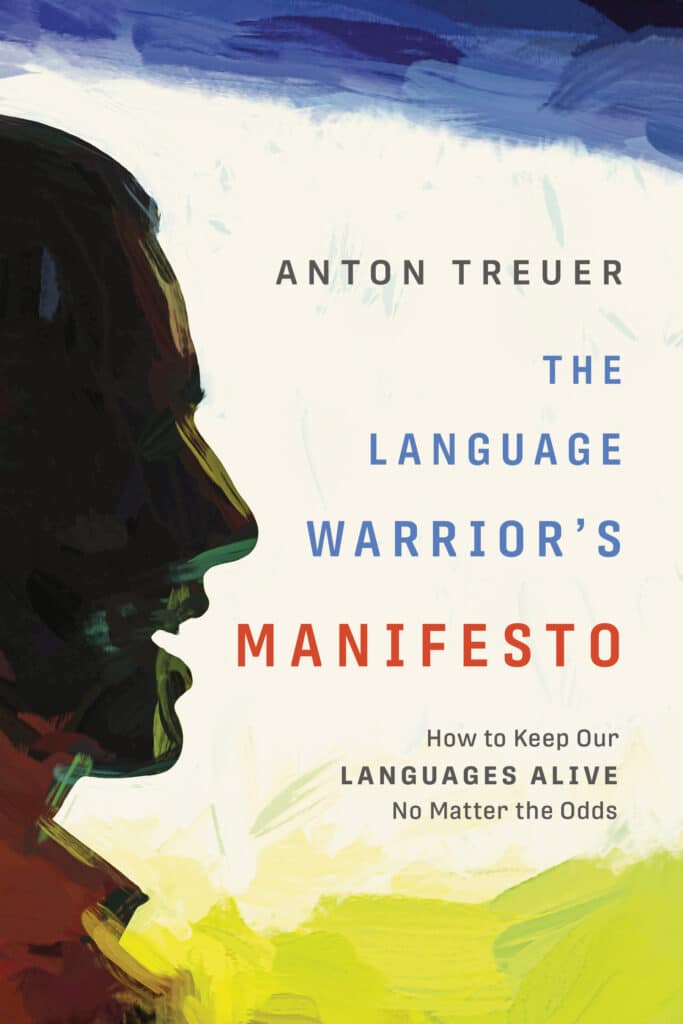Anton Treuer, author of The Language Warrior’s Manifesto: How to Keep Our Languages Alive No Matter the Odds
General Nonfiction category
Each week leading up to the 33rd annual Minnesota Book Awards announcement, we are featuring exclusive interviews with our 36 finalists. You can also watch the authors in conversation with their fellow category finalists here.
In a year defined by a pandemic and its fallout, virtually everything about our lives has changed in some way. How has COVID-19 impacted your writing habits and preferences? Has the unique zeitgeist of the past year influenced your writing output in any ways that you can pinpoint?

About 20% of the fluent speakers of Ojibwe in the State of Minnesota died this past year as a result of Covid-19 infections. My book, The Language Warrior’s Manifesto provides an entry point to view their heroic work to keep Indigenous languages and cultures alive. Covid has shaken our communities. It’s filled us with heartbreak, but also with a renewed will to lean in and do the work. I have co-edited five new Ojibwe children’s books during the Covid lockdowns, moving work online and through Zoom. A young reader edition of my book Everything You Wanted to Know About Indians But Were Afraid to Ask comes out in April. There is a new book forthcoming about the Ojibwe culture. And there is much more to come.
Would you tell us one or two things about your finalist book that you are particularly proud of, and why? (Sure, it may feel a bit un-Minnesotan to say so, but it’s not boasting if we ask!)
The Language Warrior’s Manifesto is my most personal book published so far. It took a higher level of introspection and vulnerability to write, but it makes the work much more engaging. I’ve also often tried to lead by example rather than explanation, so laying out a manifesto and road map felt bold and real. No armor for this book, but it’s very real!
What do you hope that your audience learns or takes away from your book?

There is a lot in the LWM for those working on Indigenous languages, but the book is much bigger than that. All of us humans are deeply impacted by colonization. Europeans were busy colonizing one another before they took it to the rest of the world. But the colonization and the violence dehumanizes us all. Why would we think that all the problems created by that way of solving problems can be solved by that way of solving problems? They can’t. And Indigenous people have more than vestigial remnants of very different ways of structuring societies and solving problems. We can all learn from that.
Minnesota enjoys a reputation as a place that values literature and reading. If this sentiment rings true for you, what about our home state makes it such a welcoming and conductive place for writers?
Minnesota does have a rich and vibrant literary tradition and appreciation of good literature. I’m so honored to be part of that. So many of our citizens really do want the world to be a better place and know that a good story and transport us away from our problems and help us solve them at the same time.
What advice would you give to an aspiring writer with an interest in your category?
If you have something to say, say it. Rather than trying to think about what others want to hear, speak your truth, your way. People are drawn to authenticity. You’ll shine.
Tell us something about yourself that is not widely known! (It doesn’t have to be about your writing.)
I have nine kids. From the 2000 to 2010 census results, I produced 87% of the population growth in Frohn Township (located in Beltrami County).
Anton Treuer, professor of Ojibwe at Bemidji State University, is the author of Everything You Wanted to Know About Indians But Were Afraid to Ask and thirteen other books on Indigenous history and language.

